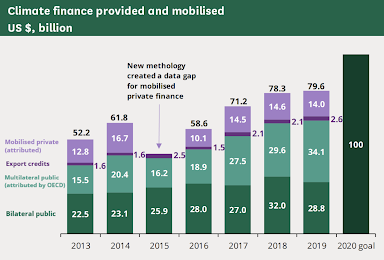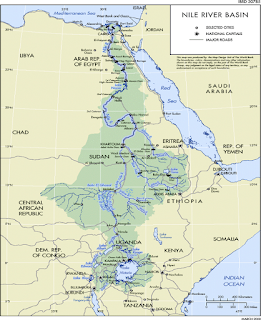Last Blog: Reflections
As my blog comes to an end, I would like to reflect back on what I have covered. As I began writing, I realised how complex the world of hydropolitics is and how many different factors, growing urban population, relationship with other states and existing water stress, contribute to the decisions achieved by different African states in regard to water management. There is also an influence from other countries, such as the US and the UK, and pressure to create the same system as them in order to achieve a safe access to water resources. However, what works for one country does not necessarily mean it would work for the other. Therefore, new approaches and cooperation between the countries are needed, that would take into consideration people’s needs and the environment in which they live above personal profit and authoritarian position. And while I wasn’t able to cover all the important topics that arise in the sphere of water and politics on the continent of Africa, I hope that my blo...




